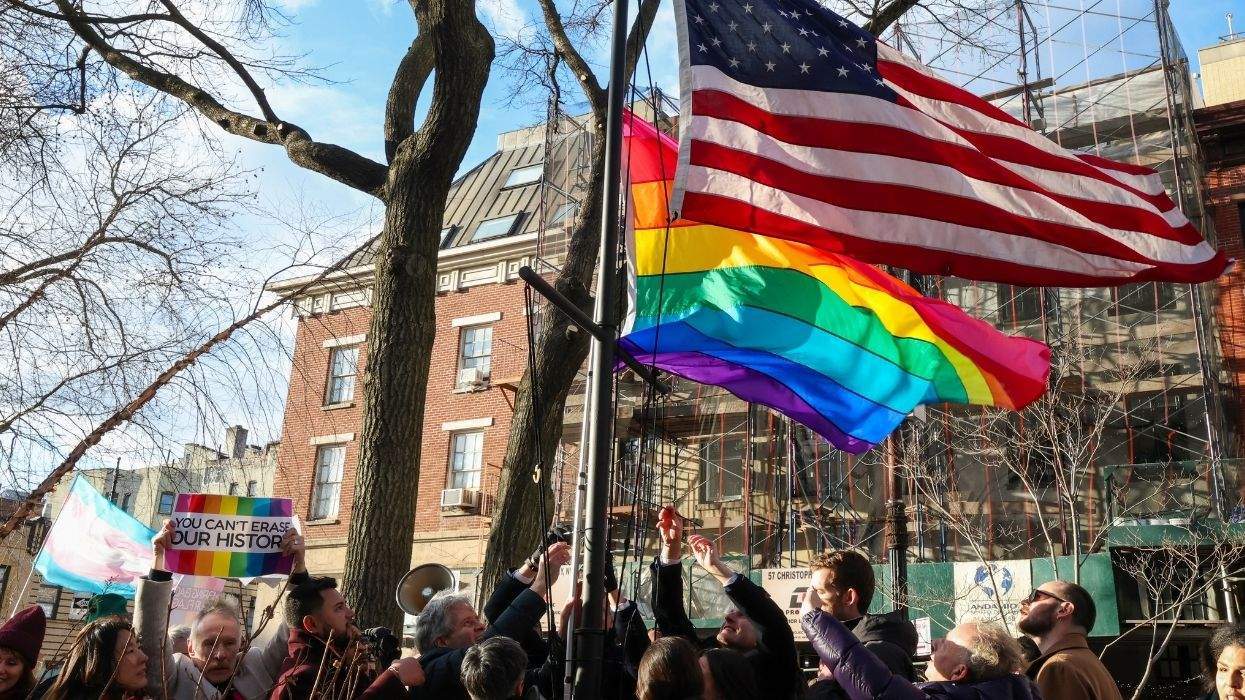Same-sex couples are at greater risk of climate change-related threats than their heterosexual peers, a new study has found.
Because LGBTQ+ people disproportionately live in coastal areas and cities, as well as areas with poorer infrastructure and less access to resources, they are more vulnerable to climate hazards, according to a report from the Williams Institute at UCLA School of Law.
Among the 15 counties researchers surveyed with the highest proportions of same-sex couples, all were coastal or urban. Several were low-income, making them "less prepared to respond and adapt to natural hazards and other climate disruptions."
Climate change "exacerbates existing disparities among individuals and communities," the study states, particularly in housing, health care, income, and access to food. The existing disparities therefore impact disaster preparedness in queer communities.
“Given the disparate impact of climate change on LGBT populations, climate change policies, including disaster preparedness, response, and recovery plans, must address the specific needs and vulnerabilities facing LGBT people,” said study co-author Ari Shaw, Senior Fellow and Director of International Programs at the Williams Institute.
The report specifically called for policymakers and service providers to ensure that disaster relief is "accessible and administered without discrimination on the basis of sexual orientation, gender identity, or gender expression. This includes "safe shelters, access to medication such as HIV treatment, and financial support for displaced individuals and families."
“Policies should focus on mitigating discriminatory housing and urban development practices, making shelters safe spaces for LGBT people, and ensuring that relief aid reaches displaced LGBT individuals and families," Shaw continued.
The report is the first to examine how LGBTQ+ people experience the negative effects of climate change compared to non-LGBTQ+ people. The authors stressed that more research is needed to truly understand and begin to rectify the disparities.
“Factors underlying the geographic vulnerability are crucial to understanding why same-sex couples are threatened by climate change and whether the findings in our study apply to the broader LGBT population,” added study co-author Lindsay Mahowald, Research Data Analyst at the Williams Institute. “More research is needed to examine how disparities in housing, employment, and health care among LGBT people compound the geographic vulnerabilities to climate change.”
















Charlie Kirk DID say stoning gay people was the 'perfect law' — and these other heinous quotes
These are some of his worst comments about LGBTQ+ people made by Charlie Kirk.